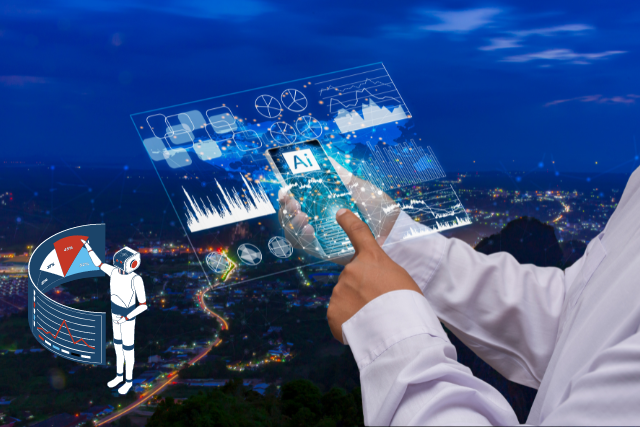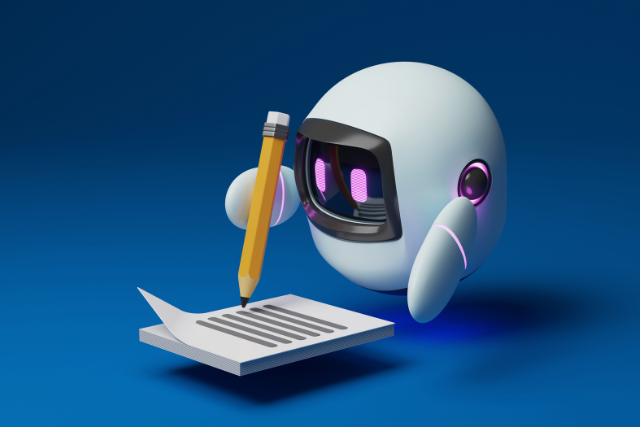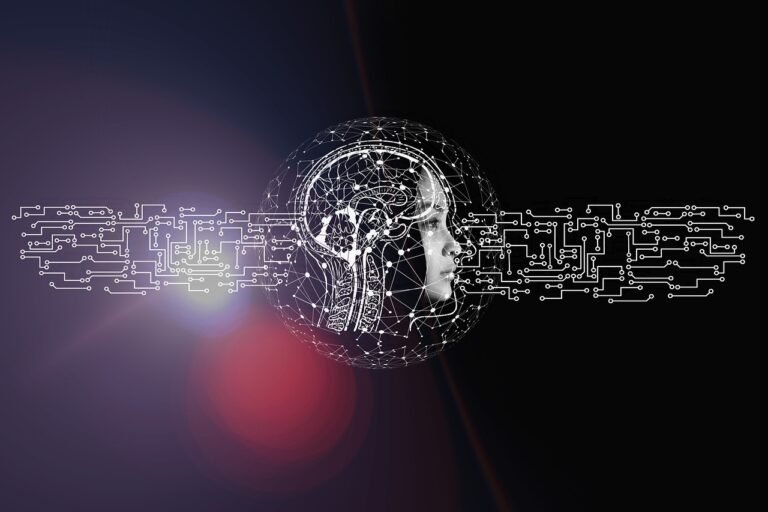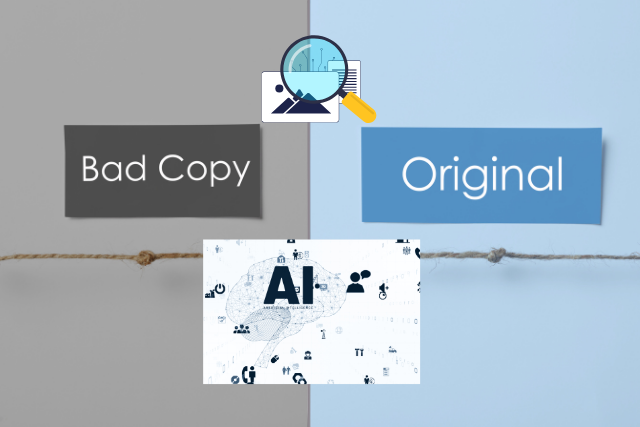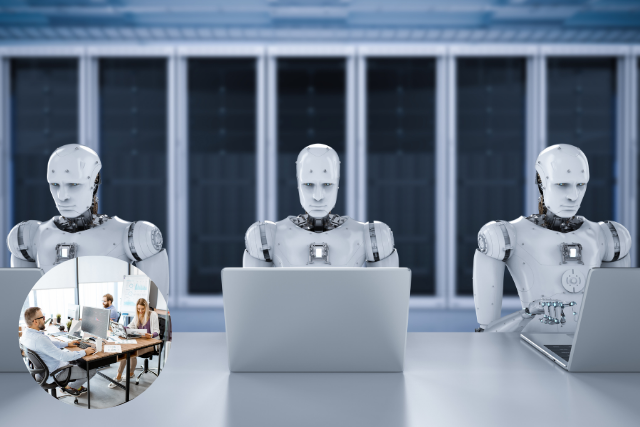As time advances, the future of AI approaches rapidly, bringing innovations that once seemed like science fiction into reality. You will witness a world where healthcare is personalized, cars precisely navigate themselves, and the environment is preserved using intelligent systems.
Digital information seamlessly blends with the physical world, and quantum computing solves complex problems in seconds—challenges that today’s computers would take years to tackle. Are you curious about how these advancements will shape your future? Join us as we explore the incredible potential of AI by 2025.
Key Takeaways
- Revolutionized healthcare through personalized treatments and early disease detection.
- Autonomous vehicles enhance transportation safety and efficiency.
- AI-driven environmental preservation optimizes resource use and predicts ecological changes.
- Augmented reality transforming education, retail, and cultural experiences.
- Quantum computing is revolutionizing data processing and problem-solving.
Healthcare Revolution
AI is poised to revolutionize healthcare by 2025, making personalized treatments and early disease detection more accessible. This transformation is not solely about better outcomes; it involves changing the entire landscape of medicine.
Imagine a world where your genetic profile and lifestyle choices dictate your treatment plans rather than a one-size-fits-all approach. This is the future AI is creating. The power of AI lies in its ability to analyze vast amounts of data in seconds, uncovering patterns that humans might miss.
This capability allows diseases to be detected at their earliest, most treatable stages, offering hope for previously underserved populations. With AI, advanced diagnostics are available to everyone, regardless of location.
Additionally, AI-driven apps and devices enable real-time health monitoring, offering personalized advice to maintain optimal health. This isn’t only about extending lifespan; it’s about enhancing the quality of life, freeing individuals from preventable health issues.
The future of healthcare is not merely reactive but proactive, explicitly tailored to each individual’s needs.
Autonomous Transportation
AI is set to transform not only healthcare but also how we travel. By 2025, autonomous vehicles will redefine transportation systems, providing safer, more efficient, and stress-free journeys.
Imagine a world where your car knows your destination without input or a public transport system that adjusts real-time routes to avoid traffic. This future is closer than you think. Autonomous vehicles (AVs) will significantly reduce the need for human intervention, decreasing the likelihood of accidents caused by human error.
This technology will reclaim commuting hours, turning that time into productive or restful moments. Not only cars will see these advancements; drones, autonomous ships, and planes are also on the horizon, revolutionizing logistics and transport.
The rapid development of sensors, AI algorithms, and machine learning technologies makes these changes possible. By reducing traffic congestion and optimizing routes, AVs will save time and reduce transportation’s environmental impact.
Environmental Preservation
AI is also making significant strides in environmental preservation, offering innovative solutions to some of our most pressing ecological challenges. By 2025, AI will play a pivotal role in safeguarding our planet, from predicting environmental changes to optimizing the use of natural resources.
The ability of AI to process and analyze vast datasets allows us to identify critical areas for conservation efforts. Think of it as having a super-intelligent assistant that can synthesize information from satellites, sensors, and ground reports, revealing patterns that would otherwise go unnoticed.
This capability enables rapid responses to environmental threats, such as forest fires or illegal deforestation, helping to preserve our natural ecosystems. Furthermore, AI helps optimize water, soil, and air resources, ensuring we use them sustainably.
For instance, AI can guide farmers using the precise amount of water and fertilizers needed, reducing waste and environmental impact. In renewable energy, AI optimizes the output from wind and solar installations, pushing us closer to a sustainable future.
Augmented Reality Advances
As we approach 2025, augmented reality (AR) is set to transform our interaction with the world, seamlessly integrating digital information with our physical surroundings. Imagine pointing your phone at a building and instantly seeing its history or pointing it at a product to get reviews and recommendations.
AR is not only a tool for convenience; it’s set to change how we learn, shop, and experience culture. In education, AR can bring subjects to life in ways previously unimaginable. For example, students could explore a 3D model of the human heart, seeing how it works in real-time, or engineers could practice repairing virtual machinery.
This immersive learning experience breaks down complex concepts, making them easier to understand and more engaging. In retail, AR allows customers to try on clothes virtually or visualize furniture in their homes before purchasing.
This technology reduces the uncertainty in shopping, leading to more informed and satisfying decisions. Additionally, AR enhances cultural experiences by offering interactive museum tours or historical site visits, where digital recreations bring the past to life.
Quantum Computing Breakthroughs
While AR transforms our experiences, quantum computing promises to revolutionize how we solve problems and process data. By 2025, quantum computers could tackle challenges beyond our reach, from drug discovery to climate modelling.
Quantum computing utilizes qubits, which can exist in multiple states simultaneously, unlike classical bits that are either 0 or 1. This property allows quantum computers to perform complex calculations at unprecedented speeds.
For instance, they could accelerate the discovery of new materials, optimize logistics on a massive scale, and even help us understand and mitigate climate change more effectively. The potential applications of quantum computing are vast, extending to areas like cryptography, where it could revolutionize data security, and financial modelling, where it could enhance our ability to predict market trends.
As this technology matures, it will unlock new possibilities, reshaping industries and transforming our world in ways we can only begin to imagine.
Conclusion
As we’ve explored, by 2025, AI will profoundly revolutionise our world. From personalized healthcare to autonomous vehicles, environmental preservation, augmented reality, and quantum computing, these advancements will touch every aspect of our lives.
We are on the brink of a future where AI transforms the impossible into reality, enhancing our quality of life and expanding the horizons of what we can achieve. Get ready to step into a world where technology works seamlessly with us to create a better, more efficient, and sustainable future.
FAQs
1. How will AI change healthcare by 2025?
AI will make healthcare more personalized by using individual data to tailor treatments and detect diseases early. It will also democratize access to advanced diagnostics and health monitoring.
2. What are the benefits of autonomous vehicles?
Autonomous vehicles will improve road safety by reducing accidents caused by human error and optimizing routes to ease traffic congestion, saving time and reducing environmental impact.
3. How does AI help in environmental preservation?
AI helps by analyzing data to predict and prevent environmental issues, optimizing resource use in agriculture, and managing renewable energy sources more efficiently.
4. What are the applications of augmented reality in everyday life?
AR can enhance education, retail, and cultural experiences by overlaying digital information onto the physical world, making learning and decision-making more interactive and engaging.
5. What makes quantum computing different from classical computing?
Quantum computing uses qubits, allowing it to perform many calculations simultaneously. This capability can solve complex problems much faster than classical computers.
6. When can we expect quantum computing to become mainstream?
By 2025, significant advancements are expected, but widespread mainstream use may take longer as the technology and its applications mature.

